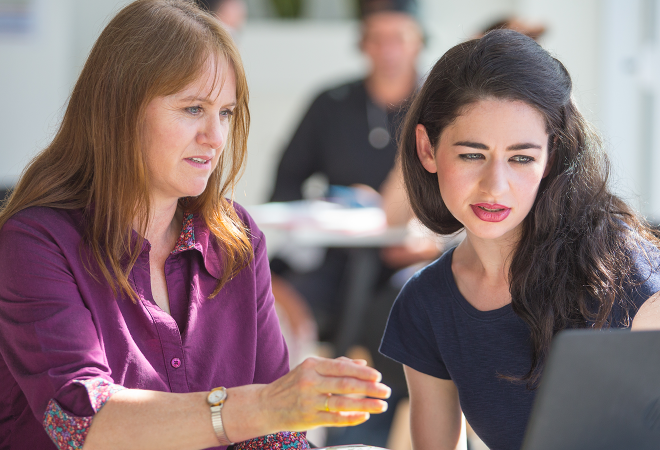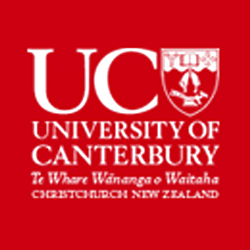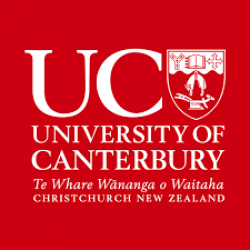
Mathematical maturity: How can it inform teaching and learning of mathematics?
Status
Completed: 14 February 2018
Project Details
An 18-month project, led by the University of Canterbury, that aimed to better define 'mathematical maturity' and its contribution to the teaching and learning of mathematics.
Aims:
The primary aim of the research project was to define mathematical maturity and develop pedagogy to help students improve mathematical thinking, reasoning and transfer skills and overall mathematical performance.
Methodology:
The project methodology included:
- a literature review
- a survey of professional mathematicians at universities around the world
- development of teaching strategies and pedagogy.
Team

Dr Maarten McKubre-Jordens
Project Lead
University of Canterbury
Associate Professor Erik Brogt
University of Canterbury
Dr Annie Soutter
University of CanterburyStatus
Funding
$17,000.00 (excl GST)
Key Findings
- Mathematical maturity had considerable similarity with the general concept of expertise.
- Experts displayed characteristics such as fluency on the topic, being able to quickly recognise patterns and transfer knowledge from one area to the next. The data in the study also identified a person with mathematical maturity as having these characteristics.
- Teaching for mathematical maturity required techniques that were both general good pedagogical practices and techniques to help students become more expert-like.
Key Recommendations
When to avoid mathematical maturity | Avoid use of mathematical maturity as a formal or informal prerequisite for tertiary mathematics (or statistics) courses.
When to use mathematical maturity | Mathematical maturity in the sense of expertise has its place in teaching. This is not just through the obvious required content knowledge to teach the subject material, but in particular through expert modelling.
When teachers should model mathematical maturity | Teachers, in their own teaching behaviours, can be explicit in showing students how an expert mathematician thinks about and approaches mathematical problems, allowing students to learn to think like a mathematician.
A report prepared by Annie Soutter, Maarten McKubre-Jordens and Erik Brogt.
- 14 February 2018